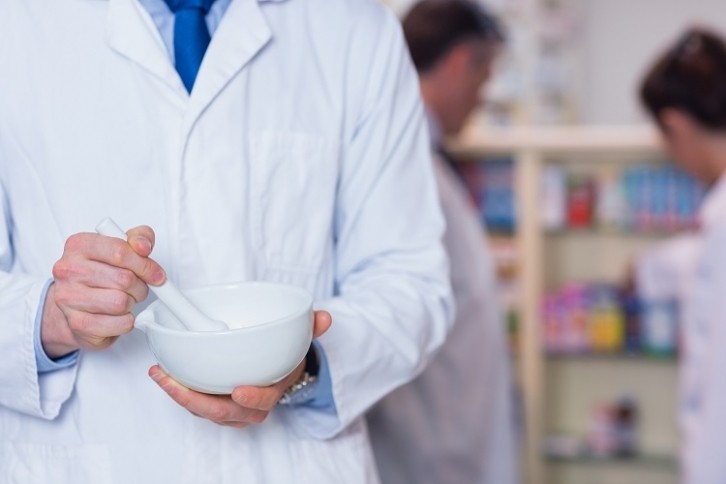FDA issues new policy on defining an ‘outsourcing facility’

The final guidance, entitled the “Facility Definition Under Section 503B of the Federal Food, Drug, and Cosmetic Act,” also aims to provide transparency to patients and healthcare providers about the standards under which compounded drugs are made.
“While it may seem like a simple matter of semantics, determining whether an entity involved in compounding human drugs meets the definition of an outsourcing facility is a key element of advancing our policy with respect to compounding,” said US Food and Drug Administration (FDA) Commissioner Scott Gottlieb in a statement.
“The new policy is designed to address any ambiguity around how to define the physical features and operations of outsourcing facilities, so that they’ll know what requirements they are subject to regarding product quality," he explained. "In this way, health care providers and patients will also know the standards under which the compounded drugs they purchase are made.”
The specifics
In the guidance, the FDA explains that 503A establishment compounding drugs pursuant to patient-specific prescriptions may be located near or in the same building as the outsourcing facility provided that they are completely separate.
Boundaries between the section 503A establishment and outsourcing facility should be clear and feature permanent physical barriers, such as walls or locked doors, and the two operations should not share rooms, equipment, supplies, or pass-through openings. Labeling should also clearly identify the compounder who produced the drug.
The guidance also reminds industry and stakeholders that all drug products compounded in an outsourcing facility are regulated under section 503B and subject to Current Good Manufacturing Practice (CGMP) requirements.
Important standards
For example, questions about whether compounding pursuant to patient-specific prescriptions under section 503A can occur in a separate suite adjacent to, but within the same building as, the outsourcing facility or within the outsourcing facility itself.
Having a clear, accurate understanding of the policy is important to manufacturers because drugs compounded in outsourcing facilities must meet CGMP requirements in order to ensure the quality of the drugs. An important distinction is made, however, with drugs compounded pursuant to patient-specific prescriptions under section 503A as are exempt from cGMP requirements.
Answering important questions about these distinctions provide much-needed clarity to the to stakeholders about the production standards that apply to their drugs as well as healthcare professionals about the level of quality assurances associated with the compounded drugs they are providing to patients.





















